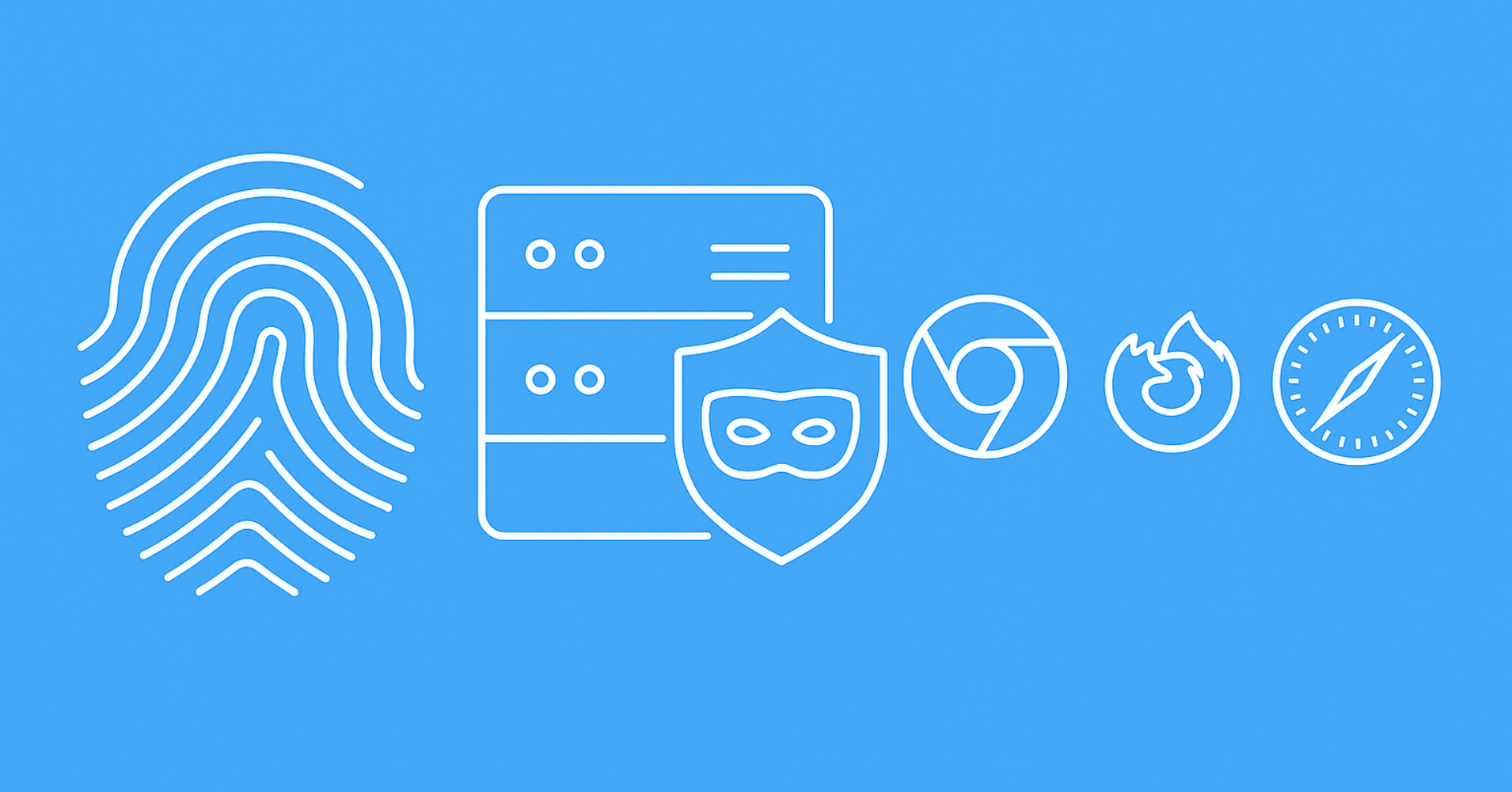To test our Puppeteer web scrapers we might want o use local files instead of public websites. Just like real web browsers Puppeteer can load local files using the file:// URL protocol. Here's an example in Python:
from playwright import sync_playwright
with sync_playwright() as pw:
browser = pw.chromium.launch(headless=False)
context = browser.new_context(viewport={"width": 1920, "height": 1080})
page = context.new_page()
# open a local file (note: absolute path needs to be used)
page.goto("file://home/user/projects/test.html"); # linux
page.goto("file://C:/Users/projects/test.html"); # windows
print(page.content())





